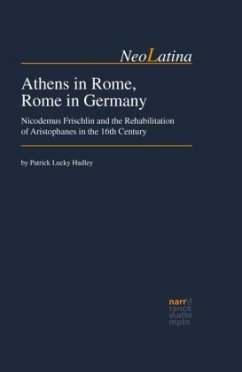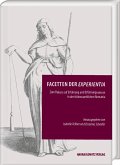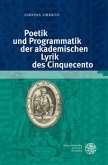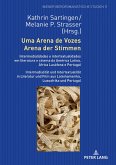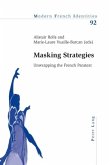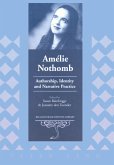Although often shunned for their obscenity and difficulty, rapidly changing tastes, combined with the supposed purity of their Attic Language, ensured that the bawdy comedies of Aristophanes gradually began to attract more scholarly and popular attention among learned circles in the later 16th century. This trend culminated in 1586, when Nicodemus Frischlin produced new and strikingly original Latin versions of five plays by Aristophanes. With this work Frischlin completely recast the place of Aristophanes in the Republic of Letters, forcing readers to approach him not just as an aid to Greek acquisition, but as a dramatist of tremendous contemporary relevance. Frischlin was able to rehabilitate Aristophanes by calling attention both to the practical advice his plays could give on the administration of a res publica, and to the light they could shed on serious problems concerning rhetorical education and political discourse within the troubled res publica that was the Holy Roman Empire under Rudolf II. This work aims to restore Frischlin's translations to their rightful place of honor within the broader reception tradition of Aristophanes and Old Comedy, while analyzing them within the context of Frischlin's own longstanding campaigns for educational and political reform.

